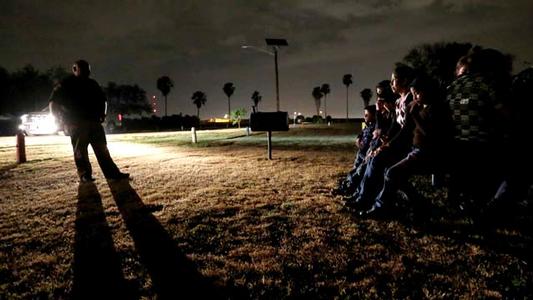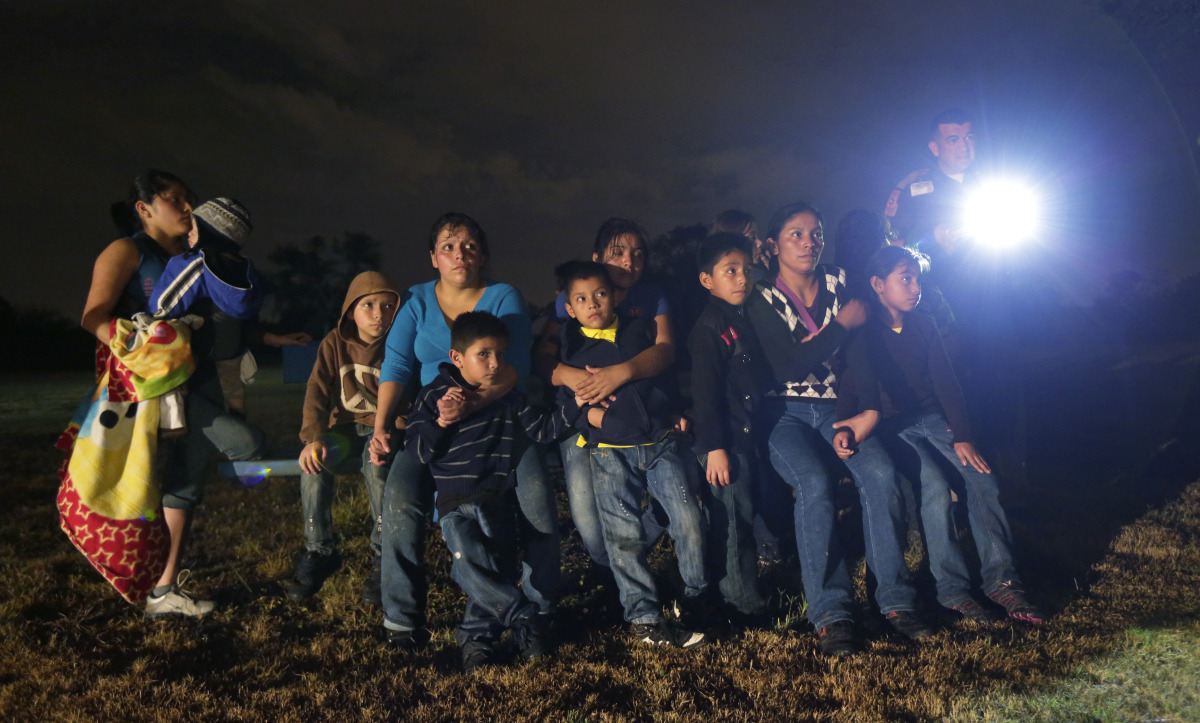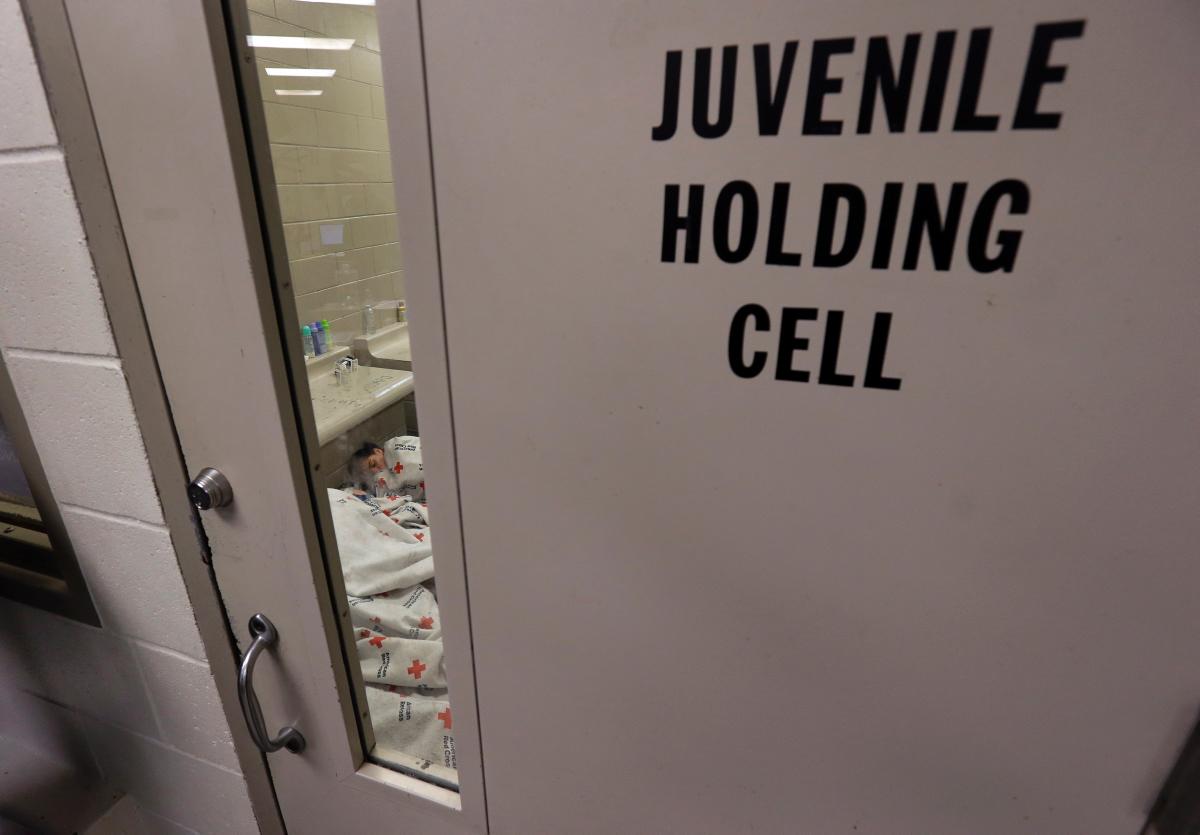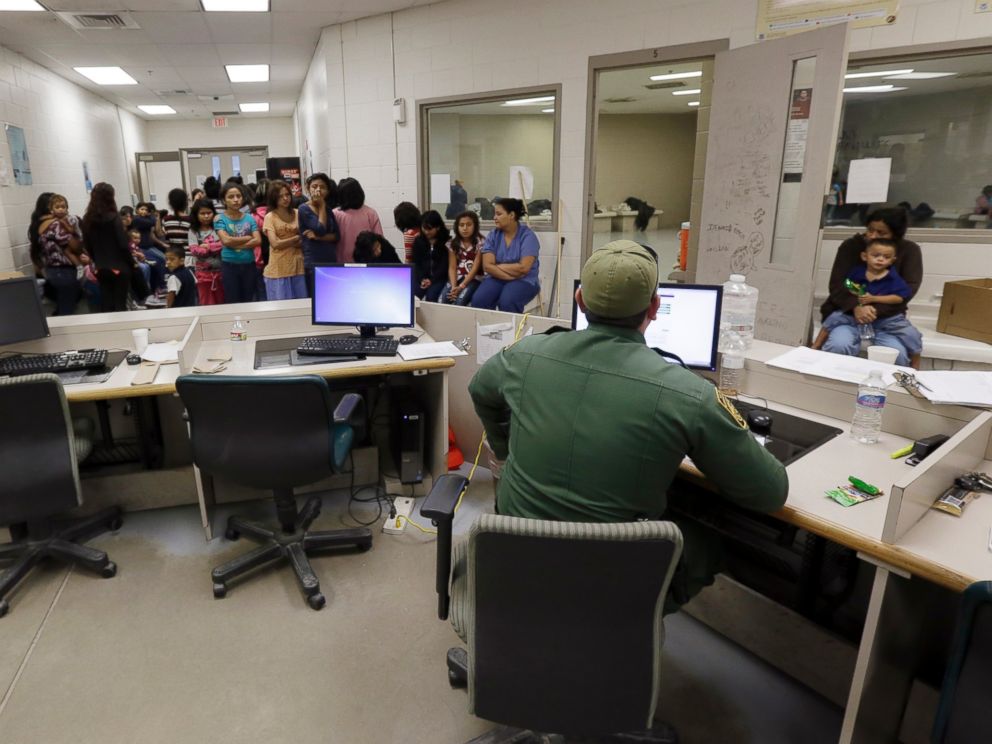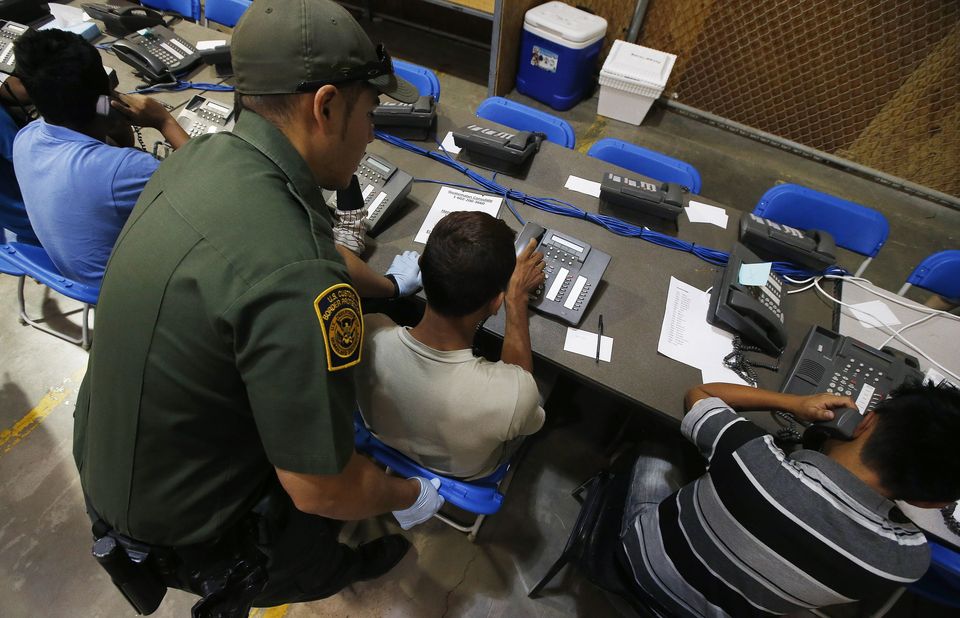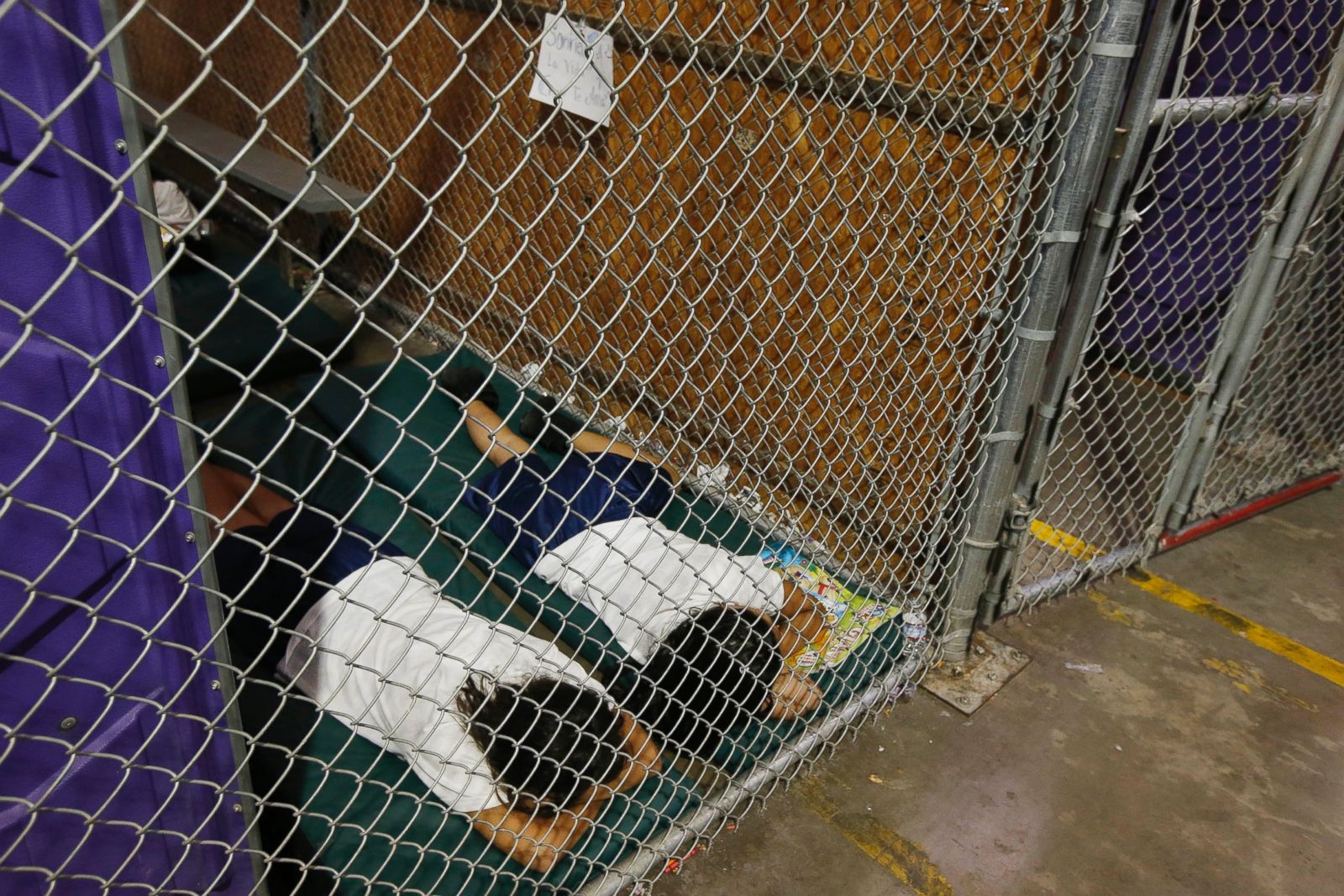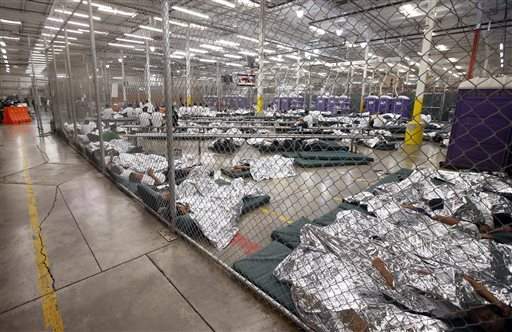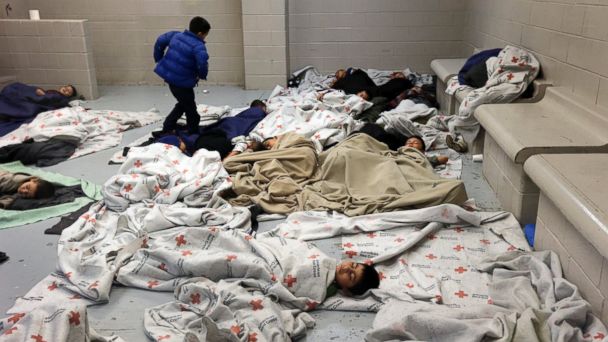Upholding Our Values: Responding to the Unaccompanied Minors Crisis with Compassion
/SOURCE: AP/Eric Gay
“I am here because a gang threatened me. One of them “liked” me. Another gang member told my uncle that he should get me out of there because the guy who liked me was going to do me harm. In El Salvador, they take young girls, rape them, and throw them in plastic bags.” – Maritza, El Salvador, Age 13 (from UNHCR’s Children on the Run report)
Maritza’s story is one of thousands Americans have heard over the past few weeks as the nation remains shocked by heartbreaking images of children fleeing harm in Central America only to be crammed into immigration detention facilities along the border. While this is sadly not a new phenomenon, seeing this outpouring of young children seeking refuge and their treatment when they arrive, raises the question: how should the U.S. respond? The answer is simple – a humanitarian crisis demands a humanitarian response.
Over the past several years, the numbers of unaccompanied minors apprehended by border agents has increased dramatically – this year, it is expected that 90,000 minors will attempt to enter the country, the vast majority from El Salvador, Guatemala, and Honduras. While there are numerous and complex reasons for why these children leave their home countries, common forces have been escaping extreme violence and sexual abuse – often at the hands of gangs and drug cartels – domestic abuse, and seeking to be reunited with family in the United States.
Various reports have come out in recent months documenting statistics and compiling data from interviews. But nothing is more heart-wrenching than the words of the children themselves:
“My grandmother wanted me to leave. She told me, “If you don’t join, the gang will shoot you. If you do join, the rival gang will shoot you – or the cops will shoot you. But if you leave, no one will shoot you.” – Kevin, Honduras, Age 17 (from UNHCR’s Children on the Run report)
The fact that these children are desperately seeking safety and security, even in the face of potential abuse, exploitation, theft, and kidnapping along the way, is one that we cannot ignore – and the question has become, what should the U.S. government do?
Under existing policies, including the Trafficking Victims Protection Reauthorization Act (TVPRA) of 2008, children from these countries must be transferred to the Office of Refugee Resettlement within 72 hours in order to determine longer-term care and shelter. These children then have the right to appear before an Immigration Judge to determine whether they are eligible for relief – such as asylum or visas for trafficking victims. Yet, the reality is that these children have been penned up in crowded jail-like facilities where they are vulnerable to even further abuse and policymakers are considering diminishing TVPRA protections that help guarantee them their day in court.
In fact, the Obama Administration is calling for nearly $1.5 billion to the Department of Homeland Security on the issue, including increasing resources at the border and processing deportations as quickly as possible. This is despite the fact that the UNHCR has reported that nearly 60% of these children have potential claims for international protection. While there is some commendable and much-needed funding also being requested to provide housing placement solutions that are child-centered, the funding requested for Immigration Courts and legal counsel is inadequate and the approach to increase resources for border enforcement, fast-tracking deportations, and reviving family detention is deeply flawed.
Instead policymakers should keep the best interests of the children at the forefront. Most importantly, they should ensure due process by protecting the rights of all unaccompanied minors to have their day in court – and not be sent back as quickly as possible – regardless of what country they come from. Resources need to be provided to child-centered shelter and care as well as alternatives to detention. Additional funding is vitally needed to provide legal representation at no cost for all unaccompanied minors and permanently expand Immigration Courts so cases are heard in-person. And there needs to be increased funding to address the root causes of violence in home countries that is driving this exodus.
Our country’s values of compassion are being put to the test – and we must rise to the challenge.


